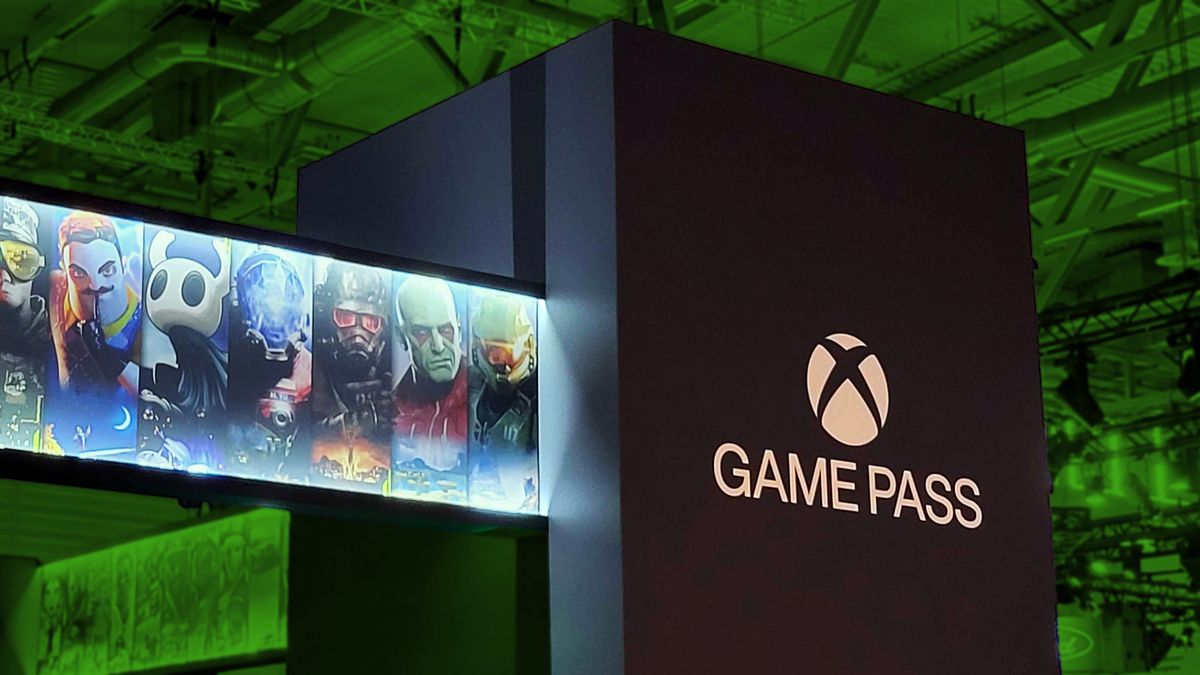No, because I'm floating a counterargument to your presented evidence. You stated a perspective, and I challenge it with a possible alternative that fits the current data. They might still change the terms of the agreement, but your argument is based on what they have done. We don't know what they will do.
I reiterate, MS increasing the price for new subscriptions is not evidence that Day 1 titles on GP is not profitable at the current price. It might well be so long as everyone subscribes in perpetuity instead of ad hoc.
This is easy to answer with econ 101. Here's your supply and demand curve(we can ignore supply as that's unlimited, data is post scarcity):
As price, Y axis, goes up quantity sold, X axis goes down exponentially (this is true for 99% of goods, but even if the lines were straight it wouldn't matter). Vice versa: As price goes down, quantity sold goes up. What MS, what all companies, want to do is maximize the area of that dotted line square, set the price such that, times the quantity they sell they earn the most money possible. Now, other AAA games charge far more for day 1 access than MS does for Day 1 gamespass. They shift that box up and to the left compared to gamepass, less quantity but for far more money. What MS is doing is selling these games, the same goods, for far less money.
Now we have only 3 possible outcomes for this:
A. Every game company including Microsoft is charging too much for non Gamepass access to day 1 games, and they'd on average make much more money by charging less
B. Gamepass makes less money with Day 1 games than charging for those games separately, thus Microsoft has not maximized how much money it can make out of Gamepass
C. The difference between gamepass and non gamepass is different enough that the price difference equals out exactly such that MS and the average of every publisher have priced their respective things perfectly, such that neither could make more money by changing their prices at all
With those 3 being the only possibilities we can now simply deduce which one might be true, maybe with some evidence we could figure out which one! Or we could conclude as I have that Phil Spencer is a vastly overpromoted narcissist that hasn't paid attention to an econ or business class in his life, but has paid attention to how quickly he can get promoted in a vastly over bloated multi trillion dollar corporate behemoth, and now that he's reached his goal is finally being convinced by people with relevant skills that more money can be made (aka charging more for Gamepass).




